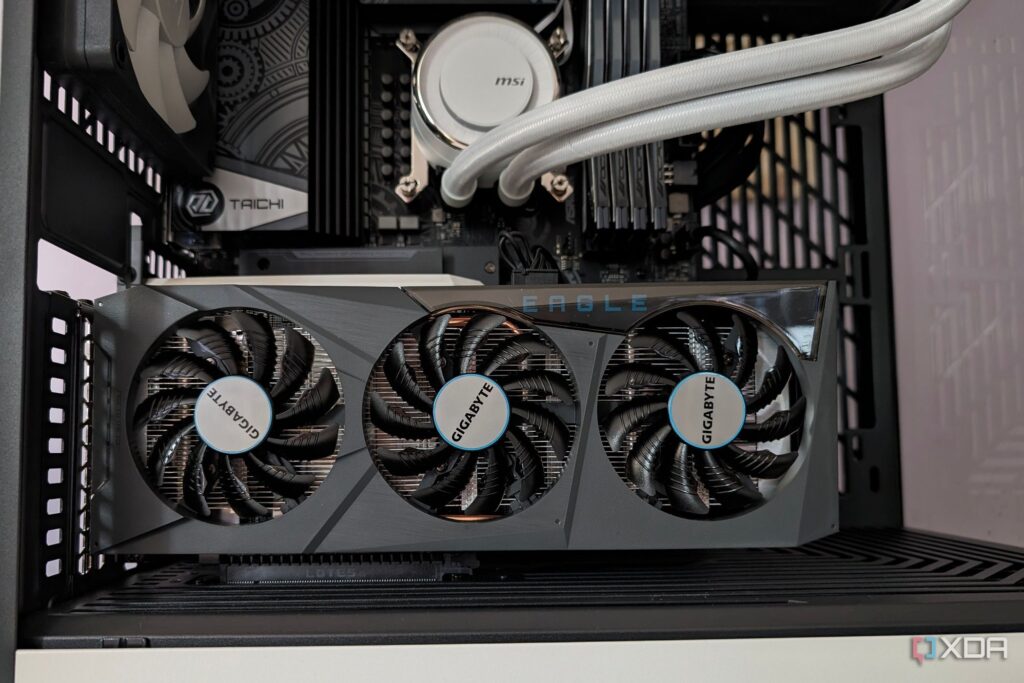
UPDATE: New reports confirm that the infamous coil whine in graphics cards is NOT a sign of a malfunctioning GPU. This urgent clarification comes as many gamers and PC builders have expressed concern over the high-pitched noise, often assuming it indicates a defective unit.
Coil whine is a common occurrence in modern GPUs, including high-end models like the RX 7900 XTX. Experts state that this noise is a normal result of the power delivery system at work, often becoming noticeable under load. As GPUs convert power from the Power Supply Unit (PSU), the inductors, or chokes, vibrate due to electromagnetic forces, producing the characteristic buzzing sound.
Authorities explain that coil whine varies significantly across different cards—even among identical models—due to manufacturing inconsistencies. Factors such as winding tightness, resin damping, and the design of the Voltage Regulator Module (VRM) contribute to this phenomenon. Even premium GPUs can exhibit coil whine, particularly when they prioritize electrical performance over noise mitigation.
This issue becomes critical when accompanied by other symptoms such as random operating system crashes, visual artifacts, or overheating. Experts warn that if coil whine is accompanied by overheating or thermal throttling, it could indicate a failure in the power delivery subsystem—an urgent situation requiring immediate attention.
So, what can users do? To mitigate coil whine, experts recommend limiting frame rates to stabilize GPU load, particularly when gaming. Capping FPS just below the monitor’s refresh rate can significantly reduce the fluctuations that lead to noise. Users can also consider undervolting their GPUs or upgrading to a high-quality PSU to minimize current fluctuations.
In addition, investing in a well-insulated PC case with sound-dampening materials can help reduce overall noise. While coil whine is generally harmless, the experience can be distracting for gamers and PC enthusiasts alike.
As technology continues to advance, the understanding of coil whine remains crucial for consumers. With this latest information, users can make informed decisions regarding their hardware and ensure they enjoy their gaming experiences without unnecessary anxiety about coil whine.
Stay tuned for further updates as experts continue to monitor this situation.





